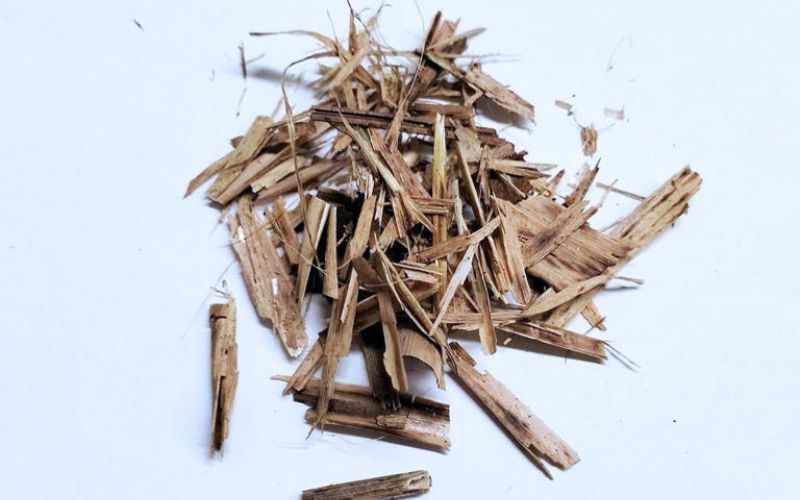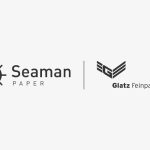A new study at the Fraunhofer Institute for Process Engineering and Packaging IVV in Germany has discovered that peatland plants can serve as a raw material for sustainable paper packaging products such as folding boxes, trays, and related products.
Jan 6, 2024

Researchers at the Fraunhofer Institute for Process Engineering and Packaging IVV in Germany have explored that peatland plants, traditionally used in various sectors, can be used as raw material for packaging.
Due to its low lignin content, peatland plants can be a desirable substitute for wood as a source of raw materials for environmentally friendly paper packaging.
Watch: In Pursuit of Lesser Water Footprint
The scientists noted that peatland plants such as reed, peat moss, and reed canary grass, known as paludiculture, can be used to create sustainable paper packaging products such as folding boxes, trays, and related products.
The project is part of the Fraunhofer Biogenic Value Creation and Smart Farming initiative, which is funded by the Bavarian Ministry of Economic Affairs, Regional Development and Energy, the German Federal Ministry of Education and Research (BMBF), and the Mecklenburg-Vorpommern Ministry of Science, Culture, Federal and European Affairs.
Also Read: Twin Rivers Paper Appoints Tyler Rajeski as CEO
The peatland plants researched in this project are intentionally grown in rewetted peat bogs and fens. In the future, peatland plants will have more area. This is because the EU Nature Restoration Law of February 2024 requires at least 30 percent of forest, grassland and wetlands surfaces to be rewetted and renatured.



